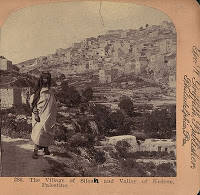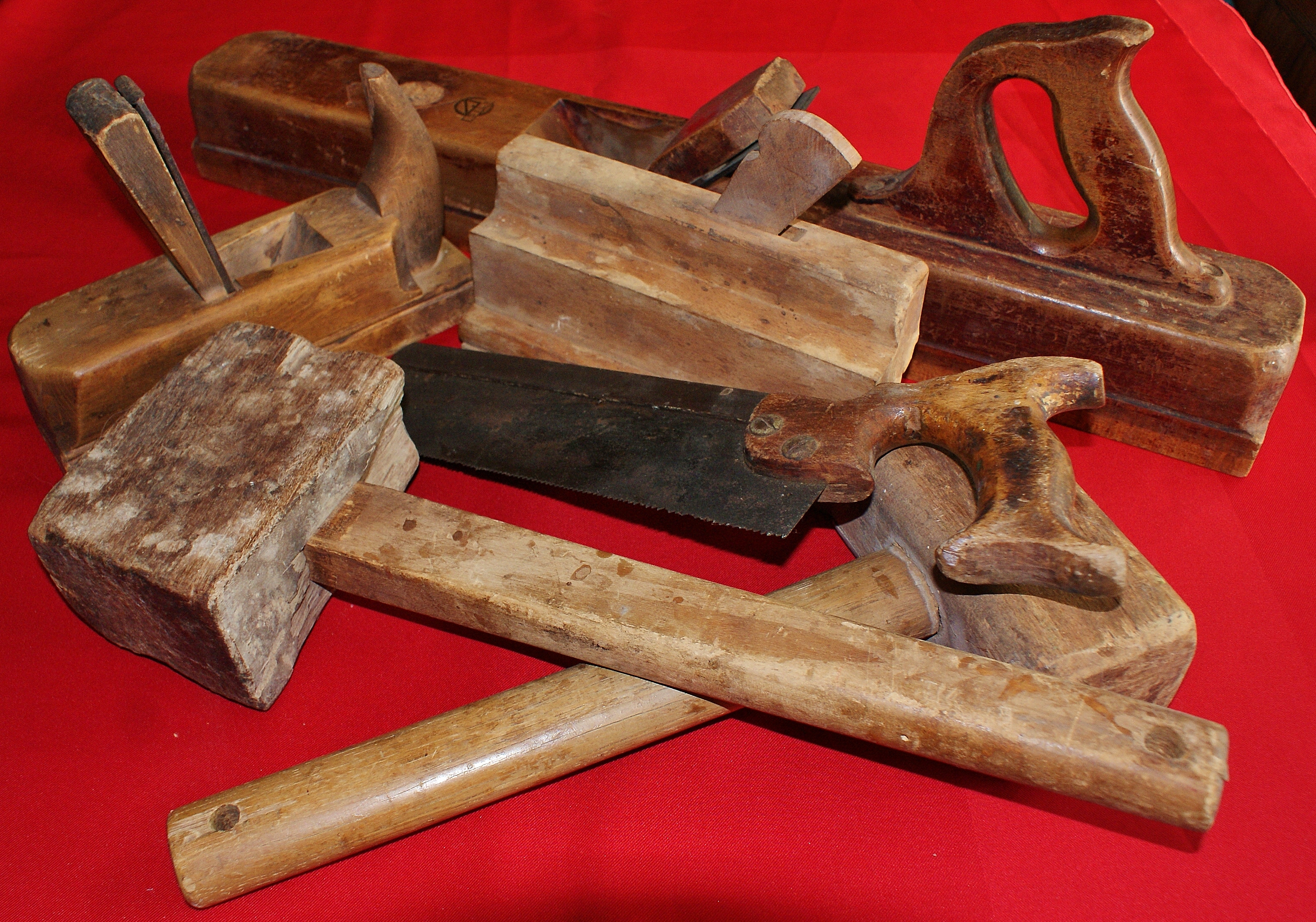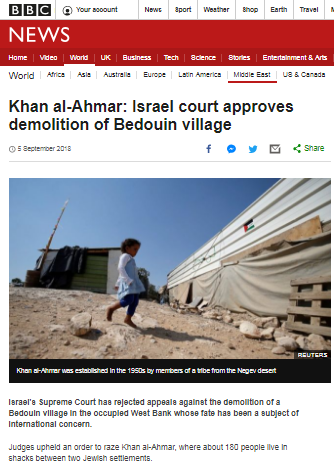BBC Arabic recently featured a programme and an article about Israeli Jews with origins in Arab countries, by Omar Abdel-Razek, titled “Arab Jews in Israel between marginalisation and integration”. The audio version can be heard here and the written version read here.
Fortunately, the wonderful ‘Point of no Return’ blog has a much better version of the written article than automatic translation can provide, together with valuable insights.
“On the plus side : the programme humanises Jews in Israel, and interviews some who voice mainstream views – notably, Eli Avidar and Levana Zamir, who deftly quash the idea of a return to Arab lands while these are being poisoned with antisemitism. On the minus side, the programme adopts a far-left discourse, assuming ‘Arab Jews’ were exploited by Ashkenazim as a labour reservoir and stripped of their culture. […] The mere fact that the programme calls them ‘Arab Jews’ diminishes their separate Jewish identity.”
Particularly interesting is this unsourced statement in the written article: [emphasis added]
“History records that Arab Jews in Israel live between marginalization and integration, but that most of them did not embrace the idea of Zionism before the establishment of Israel.”
It is, of course, impossible to know the views of all of the hundreds of thousands of Jews from Arab lands who arrived in Israel both  before and after the establishment of the state, but certainly this one-dimensional, Eurocentric view of Zionism does not take into account movements such as E’ela BeTamar which saw thousands of Yemenite Jews make their way to pre-state – and pre-mandate – Palestine between 1881 – 1882, inspired by the spiritual belief in the importance of their re-settling of their ancient homeland which was one of the precursors to the Zionist movement.
before and after the establishment of the state, but certainly this one-dimensional, Eurocentric view of Zionism does not take into account movements such as E’ela BeTamar which saw thousands of Yemenite Jews make their way to pre-state – and pre-mandate – Palestine between 1881 – 1882, inspired by the spiritual belief in the importance of their re-settling of their ancient homeland which was one of the precursors to the Zionist movement.
Contrary to the impression given in the article, the immigration of those Yemenite Jews actually pre-dated the arrival of European Jews, so whilst many did end up using their existing experience of working in agriculture, their arrival in the country was certainly not purely “as an alternative to Arab workers in the plantations of European Jews”.
Neither does this version of history take into account the existence of Zionist societies in Arab countries such as Morocco, where the first branches were established only a few years after the 1897 Basel Conference.
Another one of those Zionist societies was located in Tripoli, Libya, and in the early 1930s one of its members – a young man named Mordechai – managed to obtain from the British Mandate authorities one of the much-coveted, rarely issued ‘certificates’ for legal immigration to Palestine for himself, his wife and their first-born son – on account of his being a carpenter: a trade given priority. Pictured below are some of the tools which in fact enabled him to overcome the obstacles to immigration set in place by the British which Zionists from all over the world – including those from Arab lands – faced at the time.
Mordechai was this writer’s partner’s grandfather and the fourth generation of his offspring is now growing up in Israel.
Once again invoking a bizarre version of history, the BBC article states: [emphasis added]
“There are those who believe that they were forced to migrate [from Arab lands] after the escalation of the Palestinian Arab conflict.”
Mordechai’s daughter-in-law could cast some light upon that particular distortion, having experienced the pogroms in Libya in 1945 and in June 1948. It was after the latter bout of violence that her family – after hundreds of years of living in Tripoli – made hurried arrangements to move to the new Jewish state, as did over thirty thousand others. That exodus did not take place because of a “belief” that they were being “forced to migrate”, but for practical reasons of survival. The minority of Libyan Jews who remained in the country were subjected to increasing discrimination.
“1. Jews cannot vote, attain public offices nor serve in the army or police.
2. The government is authorized by law to take title to the “properties of certain Jews.”
3. Jews are prohibited from acquiring new property.
4. Jews cannot receive passports or certification of their Libyan nationality. If a Jew wants to leave the country he may obtain a special travel document which does not indicate that he has Libyan nationality. If he does not leave within six months after receiving the document, it expires and he automatically loses his nationality and property rights.”
The Six Day War in 1967 brought renewed pogroms against Libya’s few remaining Jews – and an end to 2,500 years of Jewish presence in that country.
It is highly regrettable that the BBC chooses to entrench inaccuracies concerning Mizrachi and Sephardi Jews from Arab lands in this manner – particularly when its target audience is obviously the Arabic-speaking world.





